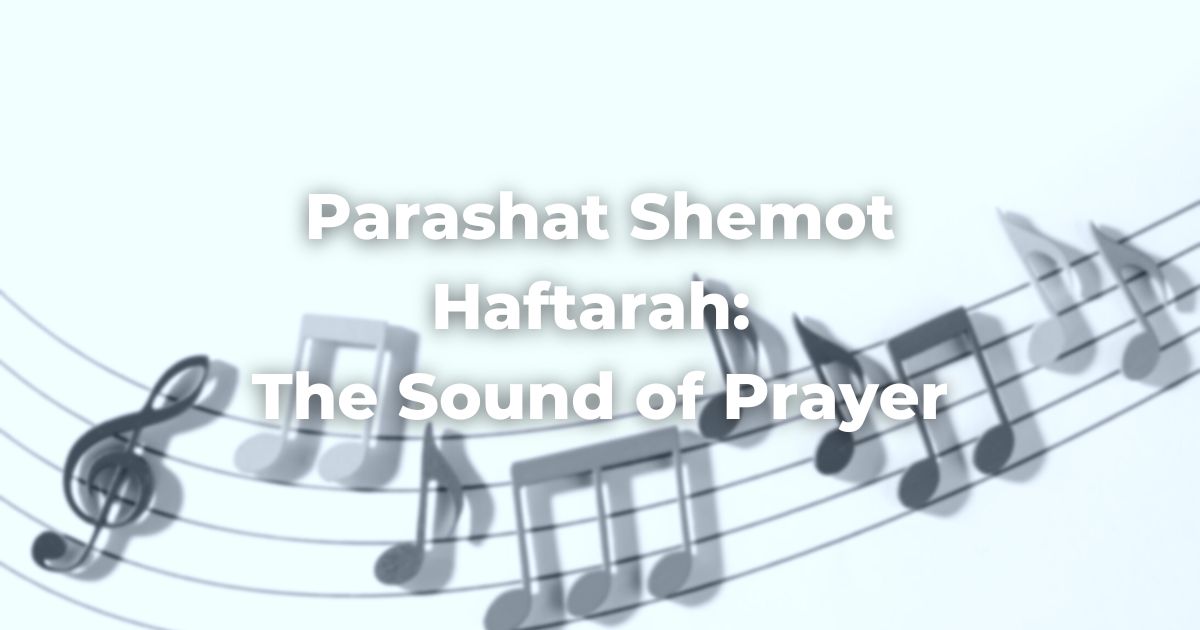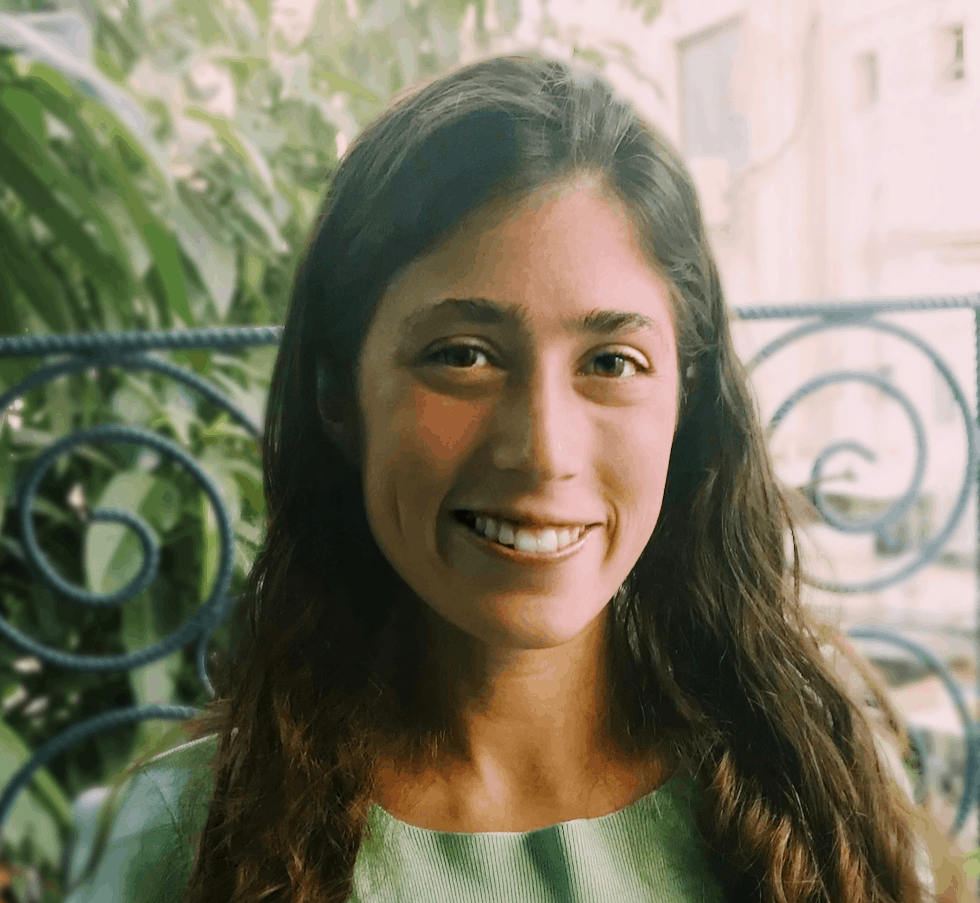Words without meaning
When a group of seven musically talented but woeful untrained motherless children are first taught musical notes by an erstwhile nun in “The Sound of Music,” the oldest of them points out that the sounds of the notes themselves do not “mean anything.”
The nun explains that for this reason, “we put in words, one for every note.”
And together, the words and the music add up to more than the sum of their parts. A movie titled “The Sound of Music” finds meaning in the combination of music and lyrics.
There is a huge question about where meaning is located in words: How we find it, how we make it, Do syllables have meaning by themselves? Is there something intrinsic about a certain combination of sounds that necessarily signifies a certain meaning?
We find this in the idea of onomatopoeia, the idea that a word sounds like what it means, that of course a brook would “babble.”
There is perhaps an idea that when language echoes the natural world, that is when the syllables have obvious or intrinsic meaning.
Some of the most powerful phrases of the Tanakh play with this idea of onomatopoeia. We find it especially in expressions of measure-for-measure punishment. The classic example is when God warns us, at the conclusion of the flood story at Genesis 9:6, that “one who spills the blood of man, by man will his blood be spilled.”
In Hebrew it reads,
“שֹׁפֵךְ דּם הָאָדָם, בְּאָדָם דָּמוֹ יִשָׁפֵך”
“shopek dam ha-a-dam ba-a-dam dam-o yi-shapek”
We hear the blood, the spilling, the earthiness of man. It is beautiful and it is chilling. There is perhaps an idea that the syllables themselves, when placed in this order with each other, necessarily spell out a just retribution. They are meant to sound like this and therefore meant to mean like this.
We play with this idea in this week’s haftarah, Isaiah 27-29.
Within the reading, two verses stand out. They catch our ears and our attention with their rhythm and what sounds like onomatopoeia.
They gesture toward the idea of retributive justice. The first, Isaiah 27:7, reads in Robert Alter’s translation, “Has he been struck like the blow of his striker? Like the slaying of his slain was he slain?”
Or, in Hebrew:
הַכְּמַכַּת מַכֵּהוּ הִכָּהוּ אִם־כְּהֶרֶג הֲרֻגָיו הֹרָג׃
“hak-ke-makkat makkehu hikkahu? Im-ke-hereg harugayv harag?”
Once again, using beautiful and terrible language, the inevitability of terrible punishment for terrible crimes is expressed in the repetition of onomatopoeic words.
Prayer with or without meaning
But as the haftarah continues, this idea is made more complicated.
We reach Isaiah 28:10. It sounds beautiful but it doesn’t “mean anything.” The words are just sounds, much like in Lewis Carrol’s Jabberwocky, gesturing toward meaning without actually containing any.
Robert Alter interprets it, translating: “For it is filth-pilth, filth-pilth, vomit-momit, vomit-momit, a little here, a little there.”
Have we left the realm of sense? Is God mocking us? Or by now, have we so thoroughly received the words that it is possible to talk to us just through the music?
For the many Jews who pray without always knowing the meaning of the words we are saying, it is a vitally important question.
Where does the meaning of your words come from? Does the sound of their music have power in itself even if to you it doesn’t “mean anything?”
See more: Parashat Shemot
Originally posted as part of the Conservative Yeshiva at the Fuchsberg Jerusalem Center’s Torah Sparks. Support Torah learning from the Fuchsberg Jerusalem Center/Conservative Yeshiva for leaders and seekers around the world here.
Authors
-

Bex Stern Rosenblatt is the Conservative Yeshiva’s Faculty-in-Residence for the Mid-Atlantic Region of the United States, teaching Tanach, using the techniques of close-reading, theater, feminist readings, and traditional commentators. Bex also directs the CY’s recruitment efforts in North America. After finishing her B.A. in History and German at Williams College, Bex received a Fulbright Grant to Austria. She later earned an M.A. in Tanakh from Bar Ilan University and has also studied at the Conservative Yeshiva and Bina Jerusalem. Bex is the founder of Havruta Tel Aviv, an organization that facilitates guided pair-learning of the Tanakh.
-



The Fuchsberg Jerusalem Center (FJC) is a home in the heart of Jerusalem where leaders and seekers can find an authentic place in Jewish tradition to call their own. FJC offers opportunities to study, pray and explore within an egalitarian and inclusive setting, creating multiple pathways for finding personal and communal meaning.




